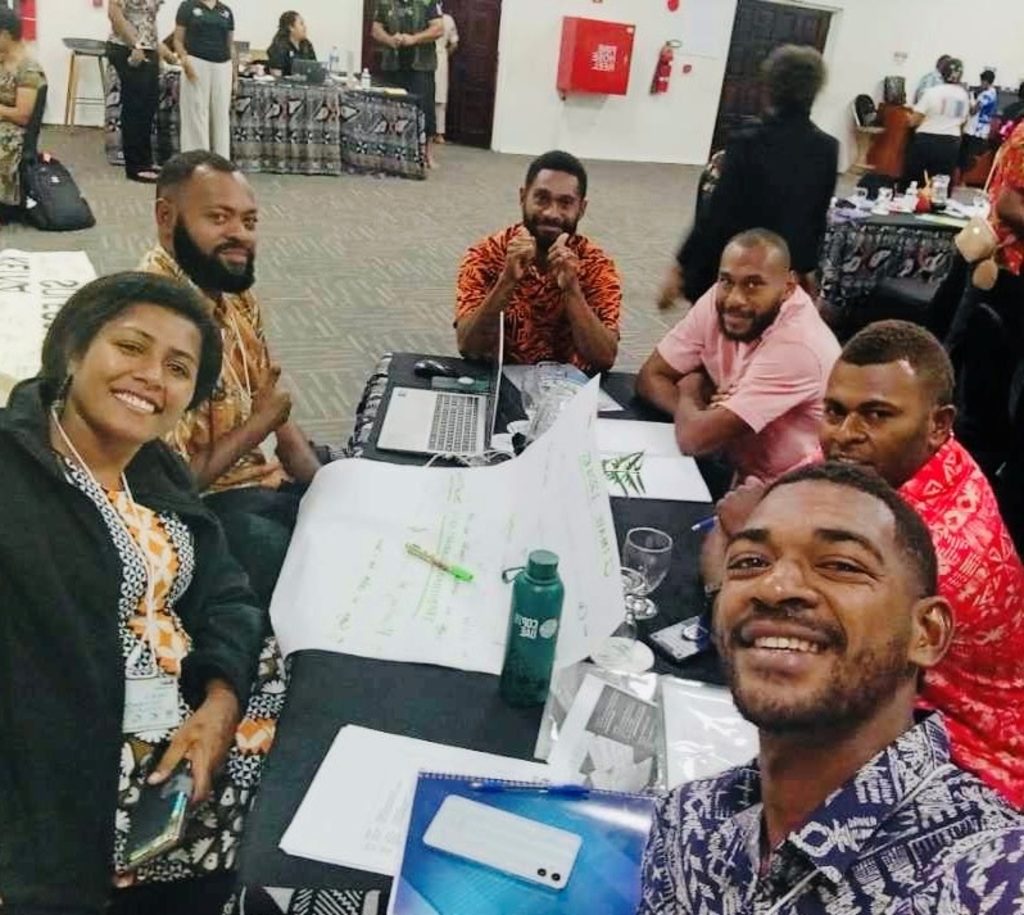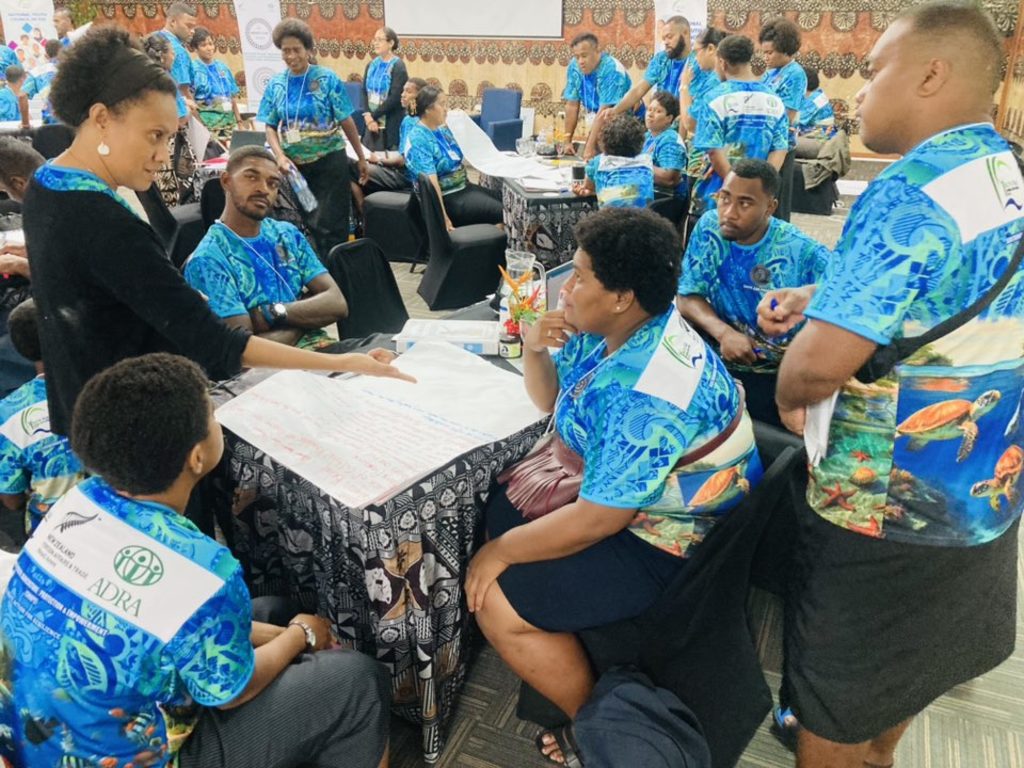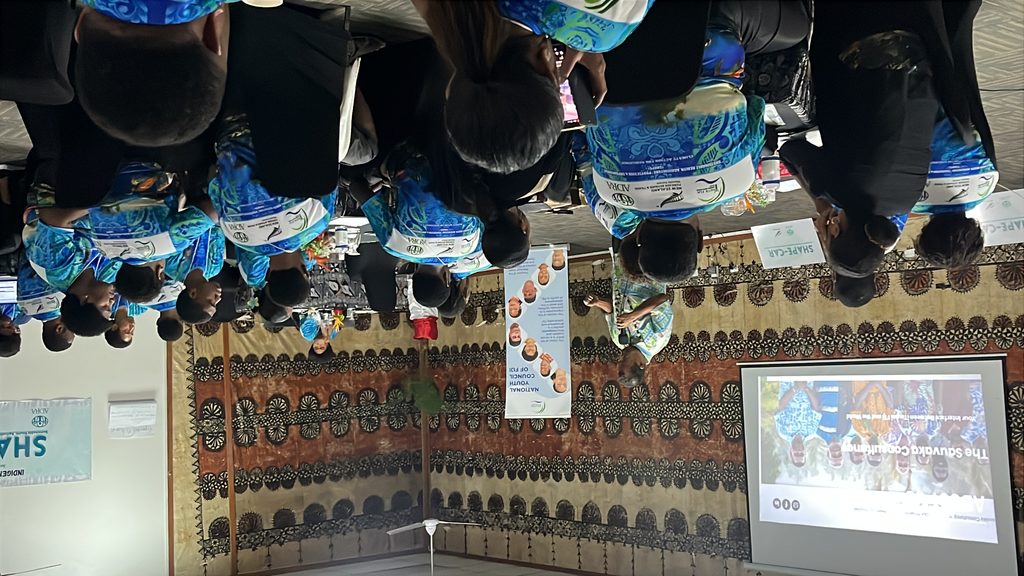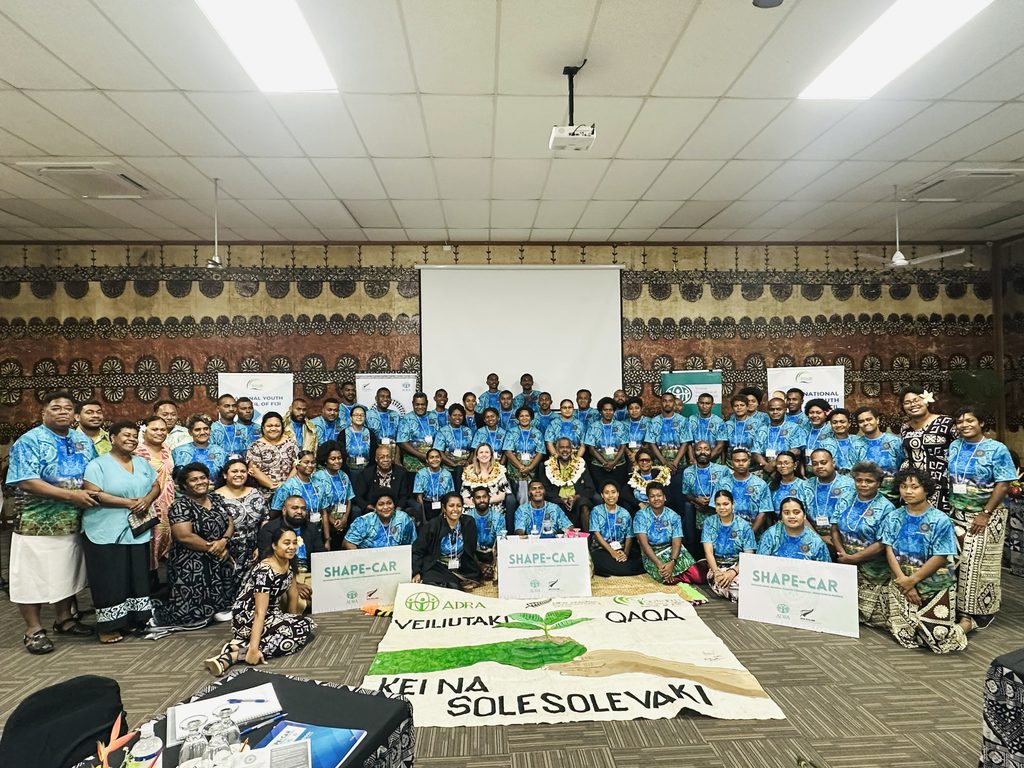THE profound importance of iTaukei identity extends far beyond mere cultural heritage, it’s fundamentally about understanding one’s place in the vanua.
Therefore, in order for indigenous people to serve the vanua they must know their place and themselves.
This was a critical point raised by Sauvaka Cultural Consultancy founder, Simione Sevudredre during the Indigenous Youth National Forum held last month in Suva.
Mr Sevudredre who spoke on indigenous leadership, emphasised also on youths role in serving both the people and their vanua before becoming a leader.
“As youths and as future leaders you must first learn to serve. Learn to wait on others and not for others to wait for you,” he said.
Learning to serve
“If you cannot learn to wait for others, this forum is useless. You are not here to have fun; you are here to do something serious and of importance. Fiji needs to move forward and that starts with you.
“You’re now in the process of serving others, be humble and know your place. You are being trained to be leaders but first you must train yourself to serve.”
Mr Sevudredre also spoke on time management during the forum.
“Time management is important, if you’re unable to respect other people’s time, you won’t be able to respect the vanua,” he said.
He reminded the youths about the power of identity, culture and language in shaping their lives and emphasised that youth engagement in preserving culture and identity was vital.
With cultural knowledge and identity comes good sustainable practices.
Nadogo District Youth Council president and Macuata Provincial Youth Council representative, Talei Silibaravi said one of the most powerful lessons she learned from the forum was the importance of knowing who they were as indigenous people.
Embracing one’s identity
“Before we can advocate or lead, we need to be well-rooted in our identity, understand our traditional roles and embrace our cultural knowledge and its systems,” she said.
“Our indigenous wisdom holds the answers to being resilient. The forum reminded me that decolonising climate action starts with reclaiming our stories, values and responsibilities as stewards of our vanua.
“Science gives us tools to understand climate impacts while traditional knowledge teaches us how to live in harmony with nature.
“Our elders have long practiced sustainable fishing, farming and are able to read environmental signs – knowledge that is deeply rooted in us.
“As indigenous youth, we are the bridge between these worlds, carrying forward solutions that are both innovative and ancestral.”
Vanua, identity and climate change
iTaukei Affairs Board manager commercial, Ifereimi Naqumu said the iTaukei Affairs further stressed the link between the vanua, identity and climate change in strengthening indigenous leadership among youth.
“This deep connection to identity is not just a cultural preservation effort but a practical and philosophical core that directly links to adaptive capacity,” he said.
“Traditional Ecological Knowledge (TEK) is not an archaic relic but a dynamic and actionable toolkit, offering proven strategies for climate adaptation and mitigation.
“These practices provide localised, sustainable solutions that have been refined over generations.
“Previous youth dialogues have consistently recommended the integration of traditional knowledge and practices to repair ecological damage and have called for youth initiatives that revitalise traditional ecological knowledge and food sovereignty.”
He said intergenerational dialogue played a vital role in transferring invaluable knowledge, and ensuring its continuity and adaptation for future generations.
“One of the forum’s objectives is to promote indigenous knowledge by encouraging intergenerational dialogue to integrate traditional ecological knowledge with climate interventions in the development sector,” Naqumu added.
That highlights the reciprocal nature of knowledge transfer.
“The emphasis on identity as a resilience mechanism stems from the understanding that iTaukei identity is not a static historical artifact but a living, evolving system of knowledge and practice that provides practical solutions to contemporary problems.”
The forum supported by ADRA, the National Youth Council, and the New Zealand Ministry of Foreign Affairs and Trade, focused on the vital role of youth in safeguarding Fiji’s Climate Resilience through their rich cultural heritage.
Talei Silibaravi with youth representatives from Lomaiviti, Rewa and Tailevu. Picture: SUPPLIED

Youths discuss issues on climate change, identity and practices. Picture: NATIONAL YOUTH COUNCIL OF FIJI

Sauvaka Cultural Consultancy founder, Simione Sevudredre speaks to youth representatives at the forum. Picture: ANA MADIGIBULI



